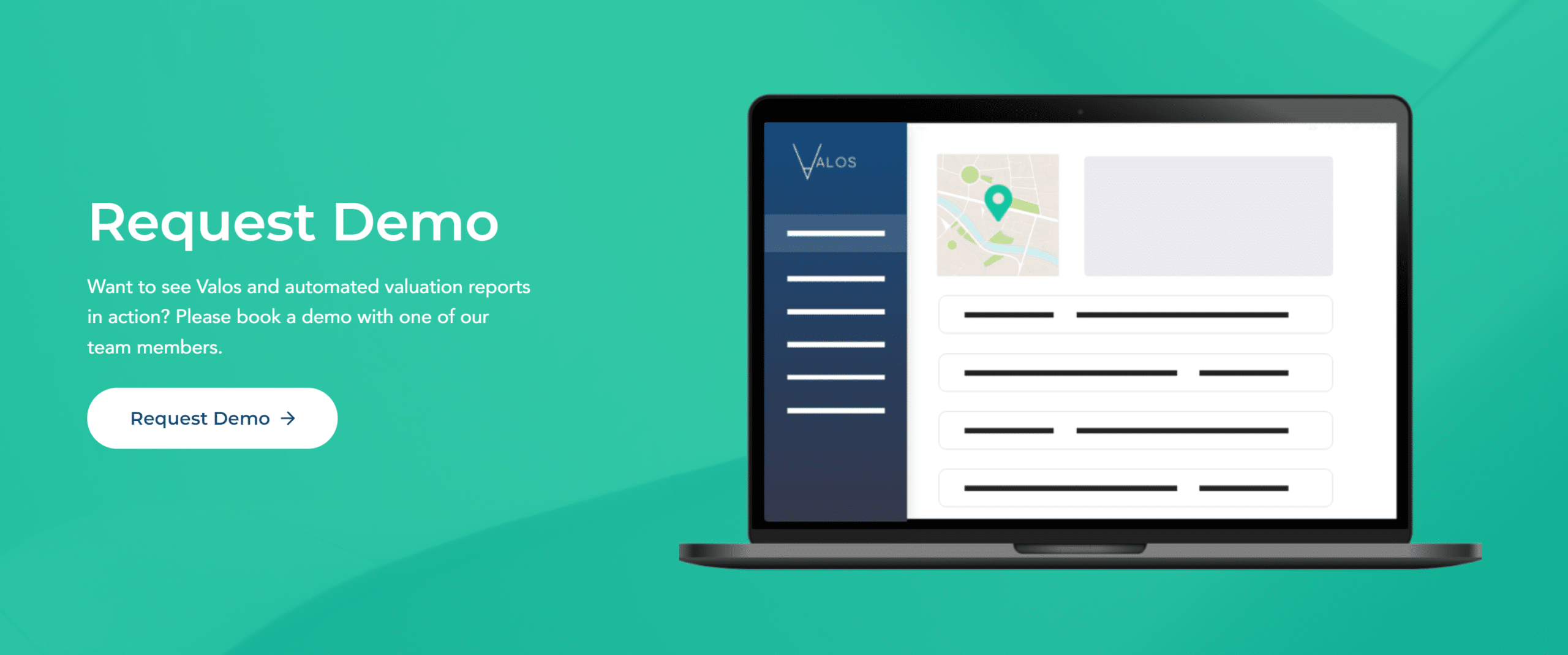Blog Dec 2023
It’s hard to go anywhere without hearing about Artificial Intelligence (AI) these days. And it’s impossible for it to be mentioned without it being compared to films we watched a few decades ago! Cameron’s film ‘Terminator’ and Spielberg’s ‘AI’ led us to believe that robots which looked exactly like humans would take over the world in the future. Now in 2023 that’s not quite true, fortunately, but AI is certainly permeating our everyday life, including at work.

What is AI?
AI is defined as ‘machines mimicking human intelligence’. Applications of AI include Apple’s Siri, Tesla’s self-driving cars, and Amazon’s Alexa.
A subset of AI is Machine Learning (ML). ML is the teaching of a machine to perform specific tasks on its own or with minimal human interaction, by identifying patterns in data. Examples of ML are Google search engine, facial recognition, and predictive analytics.
ML is a part of AI, so you may see products advertised as having AI when it is actually ML, but not all AI is ML!! To use another analogy, all lager is beer, but not all beer is lager. Get it? Good!
What is AI in Real Estate?
Investment has been buoyant in the Property Technology (PropTech) space. Between 2020 and 2021 there was a 360% increase and between Q1 2019 and Q1 2022 the total VC investment in PropTech stood at £47bn globally, of which c.£3.5bn was in the UK.
PropTech is the term used to encompass the use of technology, data, and innovation in the real estate industry. PropTech can incorporate both software and hardware and its application can be seen throughout the real estate sector, including tenant engagement apps, building sensors, drone inspections, or in Valos’ case, a platform that gathers data and writes valuation reports for Valuers.
As AI gains traction, many PropTech companies that embrace these new technologies are seeing a substantial increase in efficiency and quality in their output – and increased interest from VCs.
How can AI and ML be used in Property Valuation?
- Data Collection and Management
Valuers scour different websites to gather information relating to a property, such as planning applications, council tax bandings, and business rates. This is a very time consuming and cumbersome process, potentially taking days.
Instead data can be gathered via APIs. An API is a process for two systems to communicate and exchange information in a structured way, which are more stable and scalable than ‘web scraping’, which can also raise legal and ethical considerations.
Valos uses ML in its property valuation software to collate property data in this way enabling Valuers to reduce their data gathering process from hours to minutes!
Software using Machine Learning to collate data can also clean and categorise it, create compliance trails, and build its own database. Clever, huh?!
- Report Writing
An intriguing use of technology in the valuation process is Natural Language Processing (NLP) and Natural Language Generation (NLG), which are both a subset of AI.
NLP focuses on making computers understand and interpret human language. Conversely, NLG focuses on producing human language – both of these can be in written and spoken forms.
More likely than not, you have seen and used NLP and NLG in action with virtual assistants like Alexa or Siri. Its understanding of what you’re saying is NLP and its response to you is NLG.
You can see how powerful NLP and NLG can be when it comes to valuation report writing. Not only can you feed it information which it can process and digest, but it can then write and integrate that data to create valuation reports. This gives Valuers more bandwidth to fine-tune the more nuanced aspects of the valuation report.
I know this is somewhat of a complex topic… but before you get the round in, read below…
A ChatGPT warning
ChatGPT has gained a huge amount of traction in recent months. When it first came out, people believed it would fundamentally change the way they are working. And for some industries that’s probably true, but the property industry takes a little while longer to adapt to the changing technological environment. Perhaps in this case it’s not a bad thing.
ChatGPT is an example of a Large Language Model (LLM) which is essentially a program that understands and generates human language. Its answers are derived from external sources (which it was trained on) and ‘internal’ sources, i.e. data or information you provide it.
If you’ve given ChatGPT a go you’ll notice at some point, despite it speaking with authority, the output is not always factual or complete.
For example, at Valos have been playing with application of LLMs to see how it might improve report writing. Take the communications section of a valuation report as an example. We noticed in some instances, it makes up roads or references local amenities that have long been shut down… this is never a good thing to include in a report!
So, you cannot rely on the output of ChatGPT, at this stage, without double checking the answers – which may even increase your valuation report writing time.
Privacy is another important consideration. If you share sensitive or confidential information with an LLM it can pose a big risk to privacy. Any data provided to an LLM may be stored, accessed, and used to train the LLM and the output provided to other users. This could result in a serious data breach.
Conclusion
AI and subsets of AI are reshaping the real estate industry, driving efficiencies, improving accuracy, and streamlining processes. The investment in the PropTech space underscores the potential these technologies can have operationally and to improve employee satisfaction.
The world of AI; however, is everchanging and we are still in the early stages of truly understanding its potential, but we are certainly becoming increasingly aware of some of its limitations. A balanced and considered approach is necessary, AI is a net positive but only if it is used correctly in the context it was built for,
We hope to have given you a better understanding of the power and potential of AI in the property valuation industry. If you’re interested in Valos software and its application of these technologies, we would love to hear from you and show our software is helping firms just like yours save time and money!
If you need help in doing so, please reach out and if you liked this blog, you may enjoy some of the others we have written:
- Read The Role of Technology in Property Valuations Part 1: The introduction of valtech
- Read The Role of Technology in Property Valuations Part 2: Data dos and don’t bothers
Read this case study to see how technology has empowered Aitchison Raffety
- Read Aitchison Raffety driving positive change in the valuation sector with market-leading technology


